The medical field is becoming increasingly aware of the relationship between chronic pain and mental health. Functional imaging and epidemiological studies have shown a bidirectional relationship between both, and research shows that patients struggling with chronic pain have are four times as likely to have depression and other forms of mental illness.
Enter cognitive behavioral therapy (CBT), a tool used in psychotherapy as one of the most studied and efficacious behavioral health modalities available. In seeking to address a cyclical relationship between chronic pain and mental wellbeing, practitioners in the pain management space and beyond have begun using this tool to effectively manage how thoughts and actions influence patients’ pain levels. CBT for pain management benefits the patient in the following ways:
- Examines the patient’s relationship with mental and physical pain to improve psychological well being and quality of life.
- Encourages curiosity rather than judgment by educating patients on the biological mechanics of pain.
- Empowers patients to bring awareness to and modify thoughts that influence stress and thereby inflammatory and pain responses in the body.
CBT for pain management is traditionally facilitated between practitioner and patient in medical settings, but digital tools now enable patients to engage in treatment from the comfort of their home as well. Physicians, non-physician prescribers, and other clinicians encourage patients to participate in a program where they keep track of their thoughts and behaviors in a journal as they relate to or affect their pain on a scale of 1 to 10. Clinicians benefit from utilizing CBT for pain management as it:
Reduces the need for other traditional (and often more expensive) pain management tools such as medication, exercise and surgery (in more severe cases).
Strengthens therapeutic alliance between patient and practitioner, allowing for improved patient adherence to treatment plans.
Ensures quicker progress in treatment through a patient’s active participation in the pain management process.
In addition to these patient and provider benefits, CBT for pain management, when used effectively, can help to control society’s current opioid epidemic by addressing the underlying thought patterns and addictive behaviors inherent to substance use disorder. Furthermore, by utilizing a tool that can reduce the use of prescription drugs in managing pain, practitioners can effectively prevent the development of physical dependency on known addictive pain medication, thereby reducing additional costs and burdens of addiction on the health system at large.
Increasingly, the medical field has sought to reduce costs by looking at each patient from a more holistic perspective. Medical researchers are connecting the dots between various comorbid disorders and coming to understand the inextricable link between mind and body. More and more, the demand to address the psychological component of physical symptoms and diseases (e.g. compulsive eating as it relates to obesity) becomes a treatment imperative. As CBT and other psychosocial treatment continues to show its efficacy in managing chronic pain and other conditions, so too will health systems increase investment in tools and education aimed at empowering patients in managing and improving their individual health outcomes.
**
How Mindbase Can Help
Each encounter with trauma wears down a person’s psychological reserve. Considering the degree to which officers are exposed to critical incidents, is important to understand the prevalence of depression, alcohol abuse, and post-traumatic stress disorder (PTSD) among officers.
Mindbase is the first Integrated Wellness Platform designed to identify situational challenges affecting personnel by gathering data on calls-for-service. Our powerful app and dashboard gives peer support and leadership the insight they need to identify at-risk personnel and provide meaningful support when they need it most. #SAVETHEPOLICE #SUPPORTNOTSTIGMA
